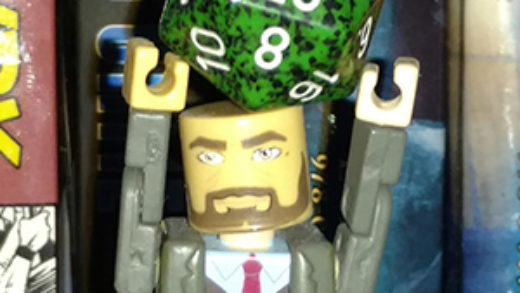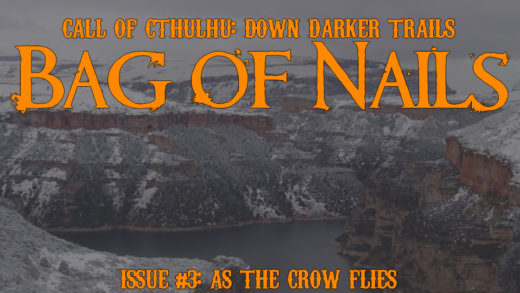Many games offer players the option of animal companions, familiars, pets, or mounts. Often the animals are treated like an extension of the character’s will (sometimes with a roll). For the GM, running these companions as animals instead of automatons can bring depth and nuance to the game, further drawing the players in.
Care and Grooming
Animals need to be fed and cleaned to ensure they are happy and healthy. Part of a character’s schedule should include making sure their creature companion is fed and free of parasites. While many animals can eat the same food as humans, it may not be the healthiest diet for them; and improper diets should be reflected in what the animal can do. A poorly-maintained animal should be at a penalty to stat and skill rolls.
Animal Instincts and Behavior
Every animal has their own instincts ingrained into them at a genetic level. Sometimes this translates into a fight-or-flight response under pressure, other times it can be the base need to mark territory. Some animals may be nocturnal or have sporadic resting times. Players and GMs should consider the animal’s typical behaviors and how they may factor into the game.
Training and Obedience
Some of an animal’s insticts can be quelled by proper training and obedience, but that level of obediance should be based not only on the general rules and base bond between character and compaion, but also how the player character treats the animal by their side. A poorly treated or neglected animal (even if well fed, animals may be neglected socially or if stressed/over-exerted) may not obey a request or command regardless of their training.
Socialization
GMs and players should consider how aclimated the animal companion is to the world the player character lives in. An animal with little socialization new may be wary, scared, or possibly agressive when introduced to someone or something new. How does the animal companion get along with the other player characters (or their animal companions)? On the flip side of the token, a well-socialized animal may be more trusting toward strangers, to their own detriment.
Affection
Different animals show affection in different ways. Cats will purr, knead, and rub against their favorite things. Dogs wag their tail, lick, and sometimes jump. Fish… well, they just keep swimming. Don’t have a fish as an animal companion. Does the player character have an affectionate relationship with their animal companion, do they share a more symbiotic/working relationship, or is the animal companion enslaved or under duress? GMs should pay attention to how the player characters interact with their animals and portray the companion accordingly.
Making It Fun/Rewarding For the Player
With the above, the players have a lot more to do and organize when they have a character with an animal compaion. They may need their characters to spend additional time with the animal as well as more of their character’s money for grooming and food. This should provide a sense of realism to the game, drawing the player in more, but a well-cared for animal should provide additional player rewards. If the animal is a hunter they may bring their human companion things they found or take them to new discoveries. Animals may serve as a warning to players for traps, ambushes, or untrustworthy NPCs. Animals should be more than the extension of the player’s will. They should be characters in their own rights, for players to reap the defict or benefit based on the work the player is willing to put in.


Recent Comments